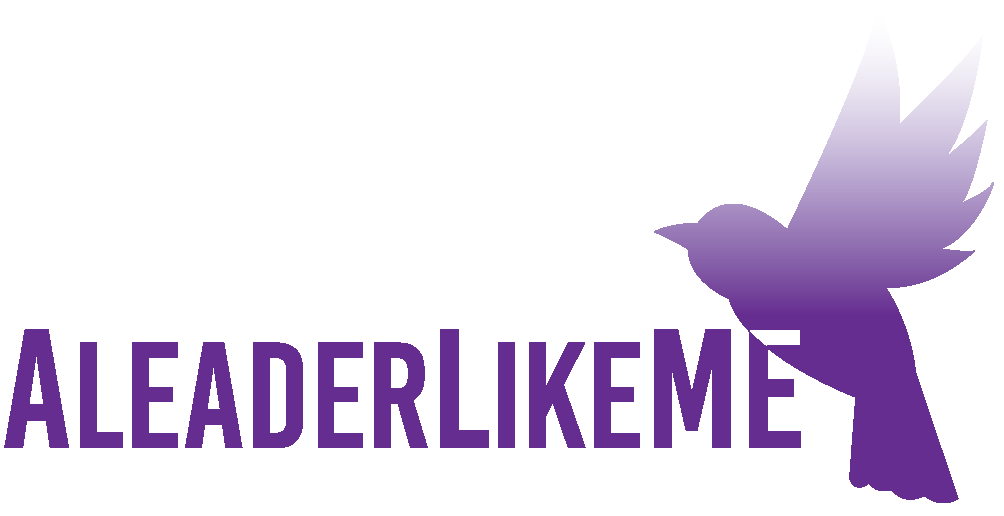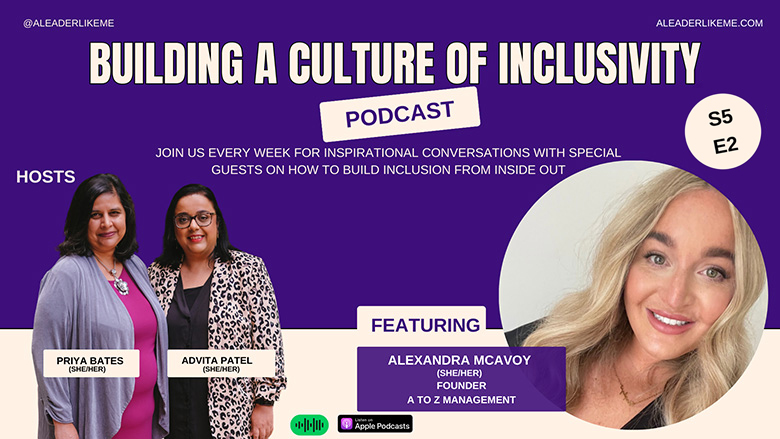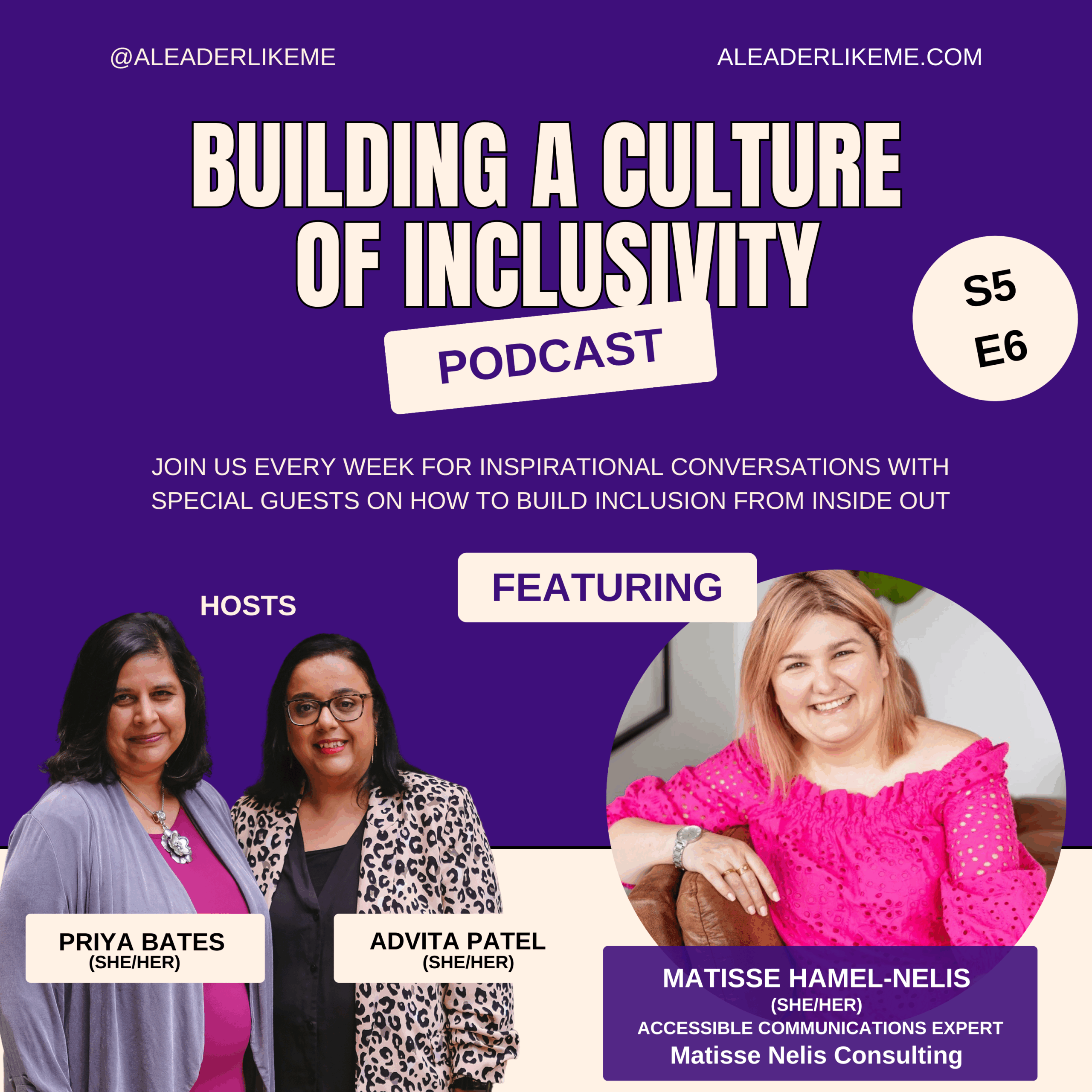Creating a truly inclusive workplace goes beyond policies and statements—it’s about the everyday experiences of employees. How do we ensure that people feel valued, heard, and empowered? This is a question Alexandra McAvoy, a marketing and events professional, has navigated in both her personal and professional life.
Alexandra’s story is one of resilience and adaptability. Facing redundancy during the pandemic while raising a dual-heritage daughter as a single mother, she has seen firsthand why representation, fairness, and psychological safety matter. Her experiences serve as a reminder that inclusion isn’t just a workplace initiative—it’s a way of shaping environments where everyone can thrive.
The Everyday Impact of Inclusion
One of the key takeaways from our conversation with Alexandra is the role of representation in confidence-building. She speaks about ensuring her daughter grows up with pride in her heritage, reinforcing how early experiences of inclusion (or exclusion) can shape self-perception. This same principle applies in professional settings—when employees don’t see themselves reflected in leadership or decision-making roles, it can hinder their sense of belonging and growth.
Beyond individual experiences, Alexandra highlights the role of internal communications in shaping workplace cultures. Communication isn’t just about relaying information—it’s about creating a space where employees feel included and engaged. The way organizations communicate about diversity, equity, and inclusion (DEI) directly impacts how employees experience those values in practice.
Creating Safe and Fair Workplaces
Inclusion isn’t just about celebrating differences—it’s about ensuring fairness. Alexandra shares how, even outside the workplace, she actively works to ensure people around her feel heard, whether it’s within her rugby team or in everyday conversations. Her approach reinforces the idea that inclusion starts with small, intentional actions that make people feel respected and valued.
A major challenge in DEI efforts today is misinformation. With so many organizations embracing DEI as part of their corporate messaging, Alexandra encourages us to critically assess the sources of information we rely on. Is inclusion being used as a buzzword, or is it embedded in meaningful change? As professionals, leaders, and individuals, we have a responsibility to ensure that the DEI work we support is both informed and impactful.
What We Can Do to Build More Inclusive Workplaces
Alexandra’s insights serve as a powerful reminder that creating inclusive workplaces requires ongoing action. Some key takeaways for leaders and professionals include:
- Ensure representation in decision-making spaces – Employees need to see diverse leadership to believe inclusion is truly valued.
- Leverage internal communications – Effective communication strategies can create stronger connections and foster an environment where inclusion isn’t just talked about but lived.
- Make space for all voices – Actively seek input from underrepresented employees and create psychological safety in meetings and discussions.
- Be critical of DEI narratives – Recognize the difference between performative statements and genuine commitment to change.
As Alexandra’s journey shows, inclusion isn’t just about policy—it’s about everyday interactions, communications, and the willingness to create spaces where everyone belongs.
You can listen to Alexandra’s episode here




